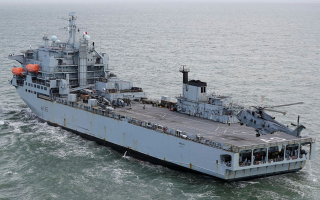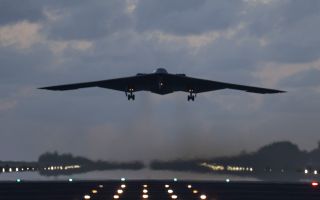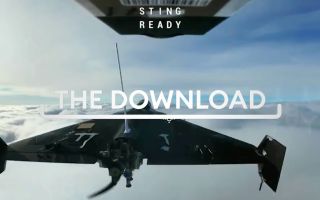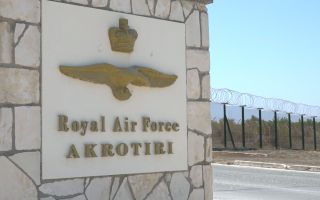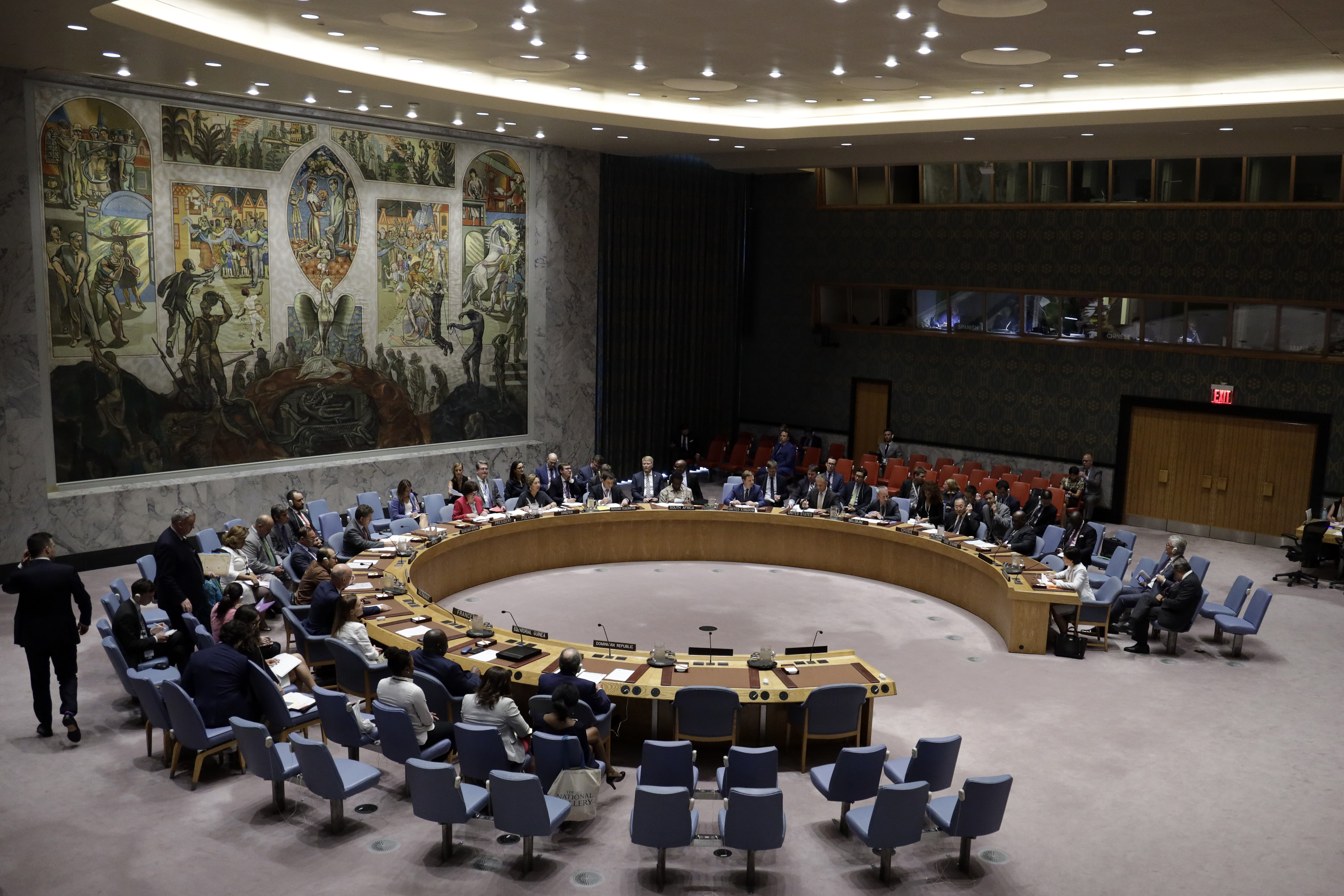
UN emergency meeting as Russian aircraft violate three countries' airspace in month

Estonia's accusation that Russian fighter jets violated its airspace has been discussed by the UN Security Council.
"Our alliance is defensive but, be under no illusion, we stand ready to take all steps necessary to defend Nato's skies and Nato's territory, " Foreign Secretary Yvette Cooper said at the meeting.
"We are vigilant, [and] we are resolute. If we need to confront planes that are operating in Nato airspace without permission, then we will do so."
A Russian representative told the UN Security Council its jets had remained in international airspace, and said claims that they violated Estonian territory were "Russophobic hysteria" and "paranoia".
The tensions on Nato's Eastern flank have notably increased with this latest incursion in Estonia involving Russian jets on Friday.
Nato's principal decision-making body, the North Atlantic Council, is meeting on the issue on Tuesday following Estonia's trigger of Nato's Article 4 – invoking Article 4 is Nato's way of saying "we need to talk".
This most recent incident in Estonia marks the third Nato country (following Poland and Romania) to report separate incursions by Russian military aircraft this month.
What has happened so far?
Poland activated Nato's Article 4 after Russia sent drones into its airspace.
The country reported 19 breaches overnight between 9 and 10 September and, in response, Nato jets helped Poland intercept the Russian drones, shooting down several of them.
It was the first time since the full-scale war in Ukraine began that Poland had directly engaged Russian assets in its airspace, forcing the country to trigger Article 4.
Following the talks, Nato Secretary General Mark Rutte and Supreme Allied Commander Europe (SACEUR) General Alexus G Grynkewich announced the launch of Operation Eastern Sentry.
This will involve the deployment of equipment on the border with Belarus, Russia and Ukraine to deter potential Russian aggression.
The first Nato air defence missions over Poland following Russian drone incursions took place on Friday night.
Two British fighter jets took off from RAF Coningsby in Lincolnshire, supported by an RAF Voyager aircraft, to patrol Polish skies and deter and defend against aerial threats from Russia, including drones.
Defence Secretary John Healey said it sends "a clear signal: Nato airspace will be defended".
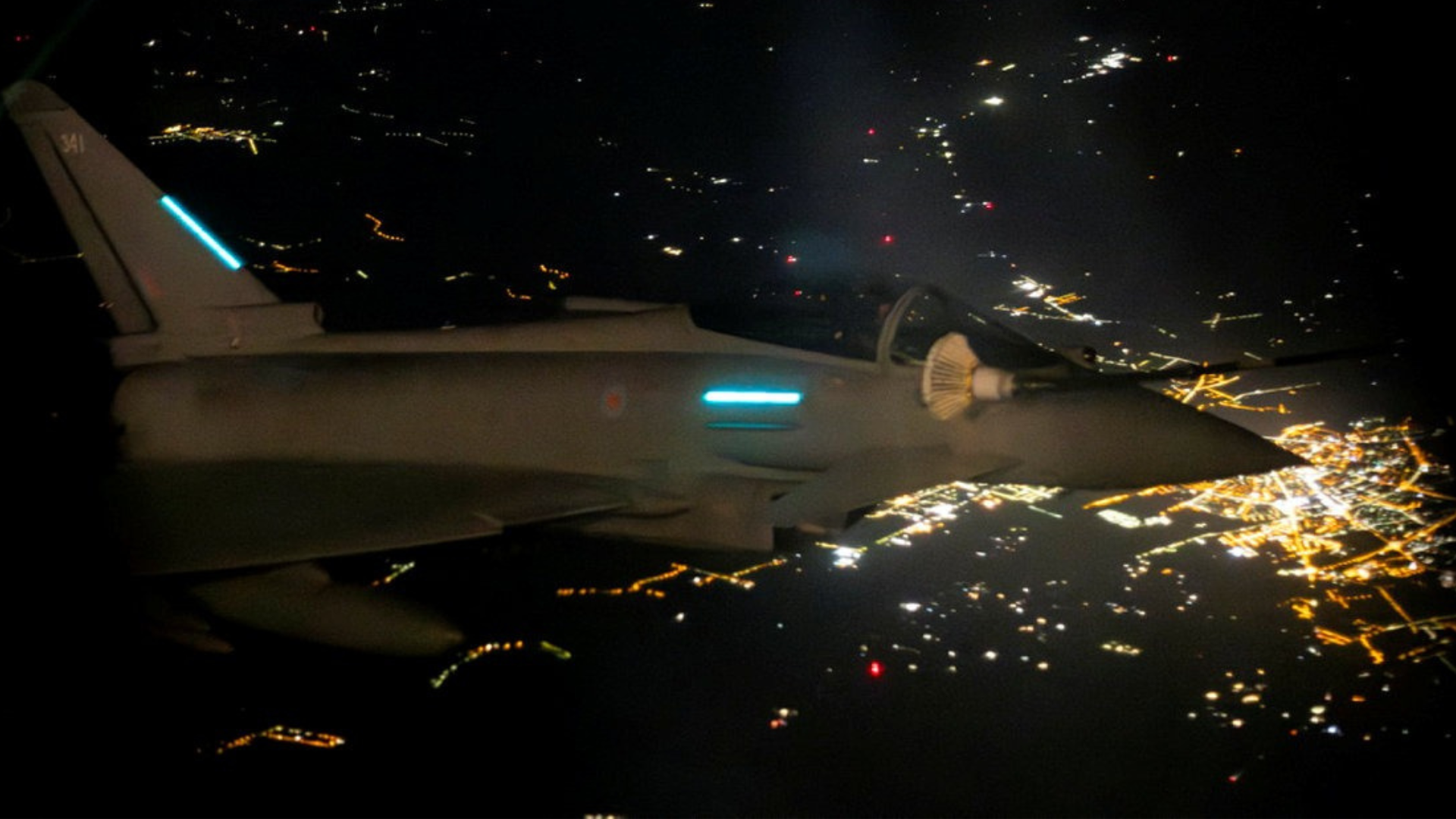
Drone incursions into Romania
In a statement, Romania's Ministry of National Defence said a Geran drone – used by Russia in Ukraine – entered Romanian airspace on 13 September.
They were "intercepted by two F-16 fighter jets, which were conducting an air patrol mission in northern Dobruja. The drone orbited for approximately 50 minutes".
According to the Ministry of National Defence, Germany scrambled two Eurofighter Typhoon aircraft in support to monitor the area.
Estonia triggers Article 4
Estonia claims three Russian MiG-31 fighter jets entered its airspace over the Gulf of Finland without permission on 9 September.
The jets were in Estonian airspace for 12 minutes before being intercepted by Nato, according to the Estonian foreign ministry.
In a statement, the ministry said: "This incursion into Estonian airspace is yet another dangerous act aimed at escalating regional and global tensions."
Russia has denied the claims, saying its aircraft flew over neutral waters.
Nato's principal decision-making body, the North Atlantic Council, is meeting on the issue today as Estonia triggered the Article 4 procedure for emergency discussions.
Any member can call Article 4 if they feel threatened, and it forces the alliance around the table urgently.
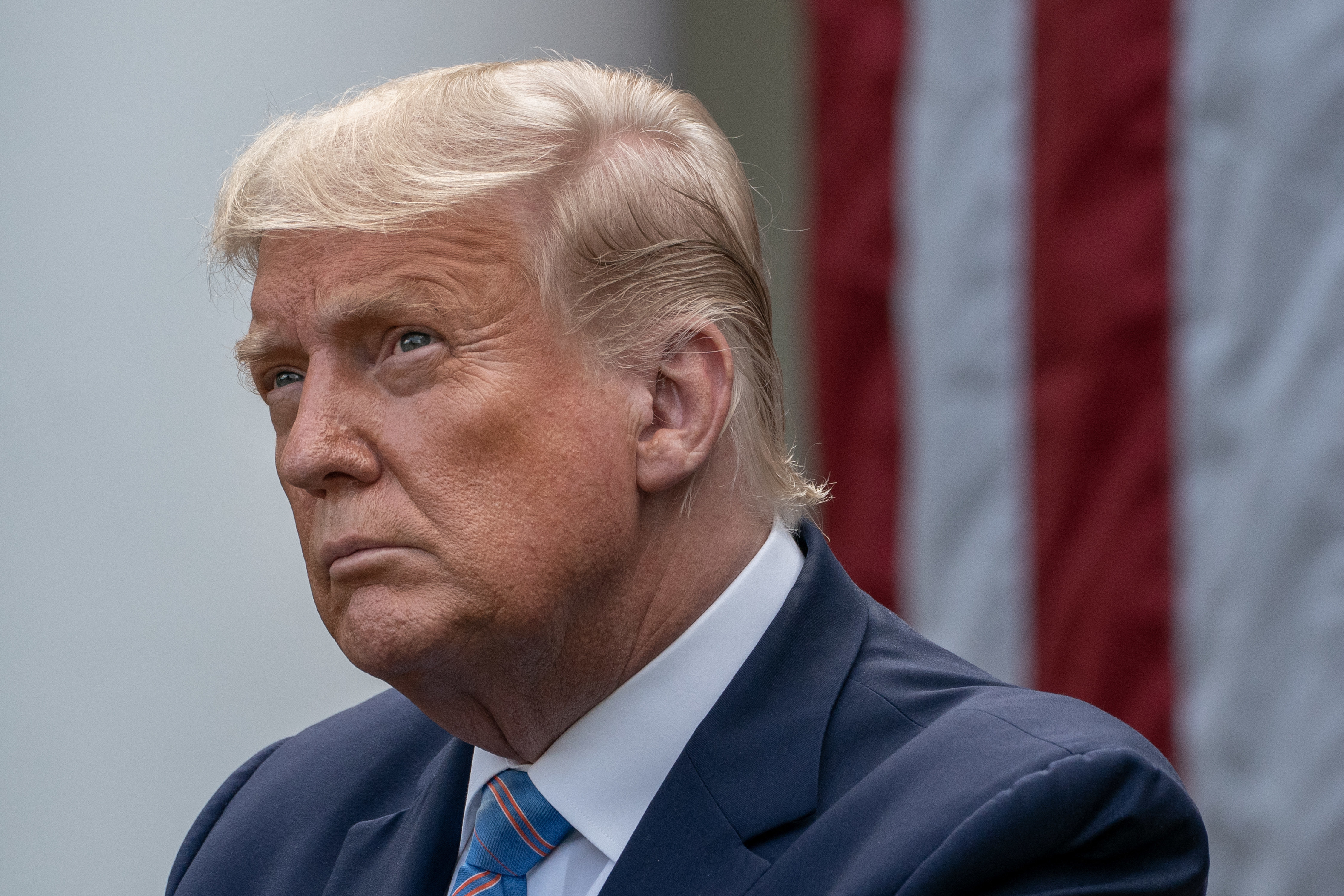
How will the US respond?
US President Donald Trump has said he will come to the aid of the Baltic states, if necessary.
However, Lieutenant General (Ret'd) Ben Hodges, a former commander of US Army Europe, told BBC Radio 4's Today programme he is "very worried about America's commitment to the alliance".
"Russia sees this, of course, and they have continued to press and probe these 21 drones that were launched against Poland," he said. "Those were not an accident, even though the president said it might have been an accident.
"If you put together the combined economies, industries, militaries, technological advantages, wealth and populations of all the members of the European Union, plus the UK, Canada, and Norway, it dwarfs Russia."
Lt Gen Hodges added there is currently a lack of "political will for nations to work together and to hold Russia accountable, to make them live up to international law and agreements".
"The Russians see that even though the collective West has far superior capabilities, industry and wealth, we lack the political will."

